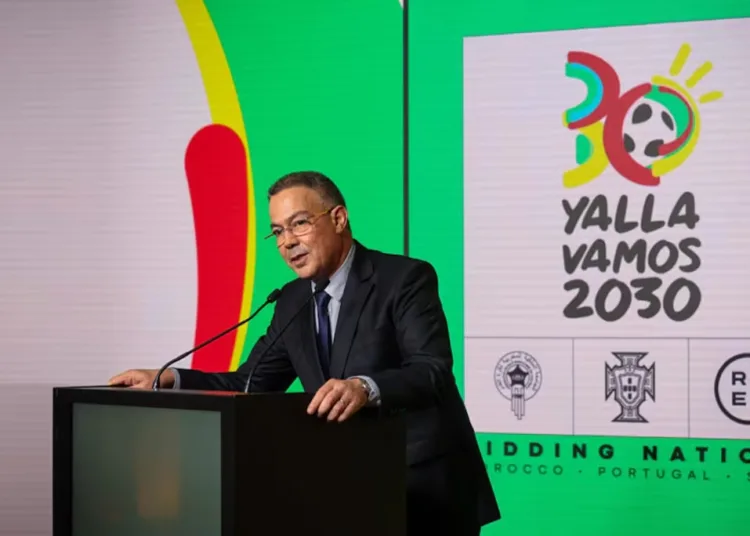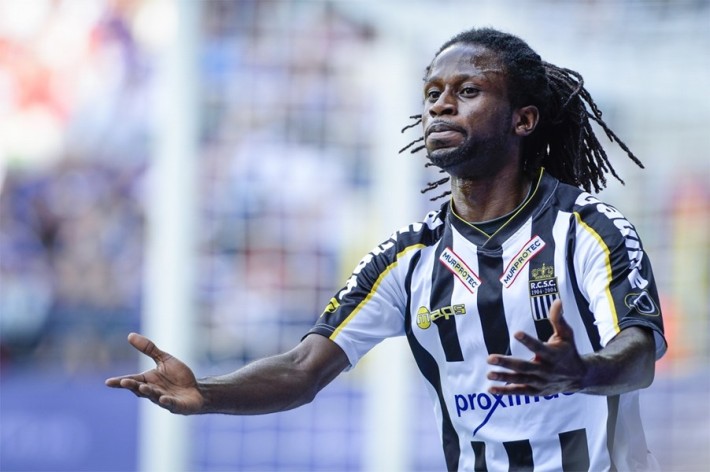President of the Royal Moroccan Football Federation (FRMF) and head of the 2030 World Cup organizing committee, Fouzi Lekjaa, has dismissed media reports alleging that Madrid’s iconic Santiago Bernabeu stadium has been confirmed as the venue for the tournament’s final.
Speaking on national broadcaster Al Aoula, Lekjaa made it clear that no official decision has been taken regarding the allocation of stadiums for the tournament, which will be co-hosted by Morocco, Spain, and Portugal.
“Decisions related to the World Cup are not made by club presidents, but by the organizing committees of the three countries in coordination with FIFA,” Lekjaa stated.
“The press is free to publish what it wants, but what is certain, until now, is that Morocco, Spain, and Portugal have earned the honor of organizing this global event.”
Lekjaa’s remarks come in response to reports from Spanish outlet Defensa Central, which claimed that Real Madrid had received confirmation from FIFA that the Santiago Bernabeu had been selected to host the 2030 final due to its cutting-edge renovations and 80,000-plus seating capacity.
However, Lekjaa stressed that venue selections — including those for the opening and final matches — remain under negotiation, and will ultimately be based on agreed criteria such as stadium capacity, infrastructure, safety, and sustainability.
He hinted that Morocco’s Grand Benslimane Stadium, officially named the Hassan II Stadium, could emerge as a leading contender. “The final and opening matches will be held in the biggest stadium prepared for the 2030 World Cup,” he said.
Currently under construction near Casablanca, the Grand Benslimane project is set to become the largest football stadium in the world, with a planned capacity of over 115,000 seats. Designed to reflect Moroccan cultural heritage through its tent-like architecture, the stadium will be integrated into a modern sports complex featuring green spaces, recreational areas, and transport links.
Construction is expected to be completed by the end of 2027. Moroccan firms TGCC and SGTM were awarded the latest phase of the project in June, under a MAD 3.2 billion ($320 million) contract.
During the interview, Lekjaa also highlighted the current resurgence of Moroccan football, both at national and club levels, attributing its success to improved infrastructure and strategic planning.
“Moroccan football is experiencing a golden era,” he said. “We’re building the future on solid ground, not slogans. Morocco is now a key destination for major continental and global competitions.”
The 2030 FIFA World Cup will be the first edition jointly hosted by three countries on two continents. Stadium allocations will be finalized through a collective agreement between Morocco, Spain, Portugal, and FIFA, ensuring balanced representation and readiness across all venues.











